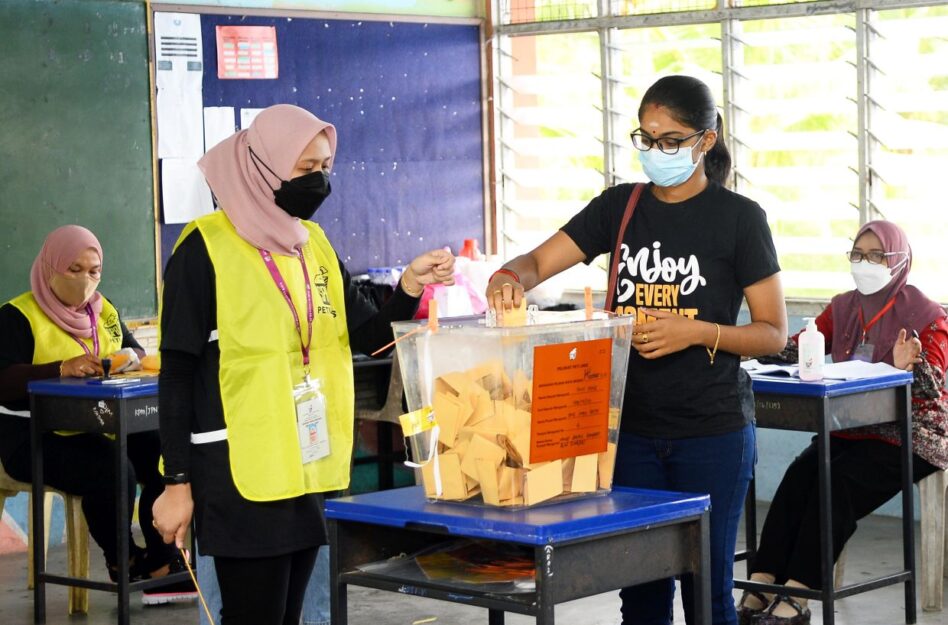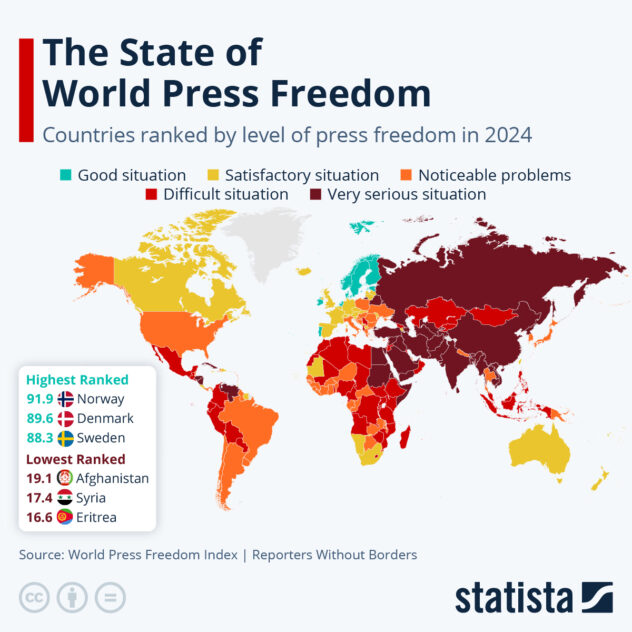ASEAN leaders need to deepen integration among member countries in response to the post-pandemic trade order, says CIMB Asean Research Institute (CARI).
CARI chairman Tan Sri Dr Munir Majid said globalisation would be diminished in the aftermath of Covid-19.
“There will be greater regionalisation of the world in which Asean is well-placed if it took its chances, and truly established the Asean Economic Community, that single production base and market long promised but still fragmented by barriers and nationalist sentiment.
“The post-Covid-19 economic recovery is entirely in Asean’s hands and in those of its partners in the wider Regional Comprehensive Economic Partnership (RCEP),” he said at the first online Asean Roundtable Series organised by CARI.
The panellists at the roundtable, which was chaired by Munir, included Kearney Singapore partner Chua Soon Ghee; Sintesa Indonesia CEO Shinta Widjaja Khamdani; Map Ta Phut Industrial Gases Co Ltd Thailand chairman Arin Jira; and RFM Corporation Philippines president/CEO Jose Ma Concepcion III.
Munir said while we must first confront the attack on health and lives, there is also a need to open up corridors to livelihoods and economic activity which have been decimated.
He said this calls for imaginative policy implementation and enforcement, as well as for personal and corporate discipline.
During her session, Shinta said even though there are limits to what Asean countries can do to save themselves from the economic damage and crisis projection caused by the pandemic, all policy responses and government spending that are aimed at alleviating financial burdens on businesses, such as reducing tax and credit burdens as well as compliance cost, would translate into survivability for businesses in the longer term.
“This pandemic has raised the alarm — that regulatory efficiency; the accuracy of the overall economic activities data (particularly the informal ones); inter-connectivity and diversification of supply chains, both domestic and cross-border supply chains included — are capital that saves our economy in a crisis.
“Although the importance of these aspects may vary in each Asean country, some will be more pronounced than others in the long run when the industries consider their future business plans,” she added.
The panellists also agreed that diversification of supply chains also involves reducing the region’s overdependence on Chinese manufacturers and raw materials given that disruptions in the supply of raw materials, labour and sub-assembly components to Asean (particularly from China) have had a significant impact on Asean industries.
Chua said the sudden China shutdown triggered a global supply chain shock and would accelerate the movement of some manufacturing from China to Asean countries and elsewhere.
He added that China has a 28% share of global manufacturing, while Asean’s is only at 4-5%.
“For those countries which are prepared with policy tools such as incentives and schemes, this will be a golden opportunity,” he said.
While the panellists agreed that the stimulus measures announced by several Asean governments were timely, the assistance provided to small and medium enterprises (SMEs) is limited and targeted at providing support and relief in the short term.
Chua noted that critically, governments need to help SMEs address cash flow problems directly by providing loan support to keep them afloat until demand goes back to normal. — April 22, 2020, Bernama









